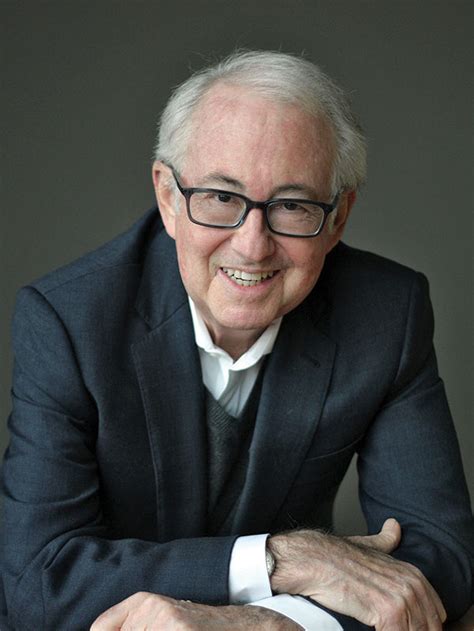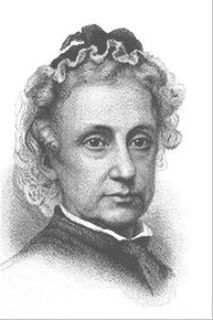A Quote by Jeanette Winterson
I walked out to brood on this life of ours, which seems from birth to death to be a steady loss, disguised by sudden gains and happiness, which persuade us of good fortune, when all the while the glass is emptying.
Related Quotes
All of us, I suspect, imagine that a world exists from which we alone have been excluded; all of us have our noses pressed against the glass. But if we contemplate our own lives, not the phantom life on the other side, we might find things in them to envy-a family that’s intact; a job we like; excellent health (the thing we take for granted and on which all happiness depends). Good fortune is there, however sporadic, however modest, however difficult to achieve. The trick is to recognize it.
The birth of Christ our Lord was more than an incident, it was an epoch in the history of the world... He came to teach us the character of God, and by example and precept pointed out the path which, if we walk in it, will lead us back into his presence. He came to break the bands of death with which man was bound, and made possible the resurrection by which the grave is robbed of its victory and death of its sting.
There is a form of eminence which does not depend on fate; it is an air which sets us apart and seems to prtend great things; it is the value which we unconsciously attach to ourselves; it is the quality which wins us deference of others; more than birth, position, or ability, it gives us ascendance.
...night possessed us and the shadow of death encompassed us, for we had fallen into sin and lost the power of sight which was ours by God's grace and by which we were able to perceive the light that bestows true life. Night and death had been poured out on our human nature, not because of any change in the true light, but because we had turned aside and no longer had any inclination towards the life-bearing light. In the last times, however, the Giver of eternal light and Source of true life has had mercy upon us.
It seems to me that one ought to rejoice in the fact of death-- ought to decide, indeed, to earn one's death by confronting with passion the conundrum of life. One is responsible to life: It is the small beacon in that terrifying darkness from which we come and to which we shall return. One must negotiate this passage as nobly as possible, for the sake of those who are coming after us.
Birth leads to death, death precedes birth. So if you want to see life as it really is, it is rounded on both the sides by death. Death is the beginning and death is again the end, and life is just the illusion in between. You feel alive between two deaths; the passage joining one death to another you call life. Buddha says this is not life. This life is dukkha - misery. This life is death.
Confusion conditions activity, which conditions consciousness, which conditions embodied personality, which conditions sensory experiences, which conditions impact, which conditions mood, which conditions craving, which conditions clinging, which conditions becoming, which conditions birth, which conditions aging and death.




































